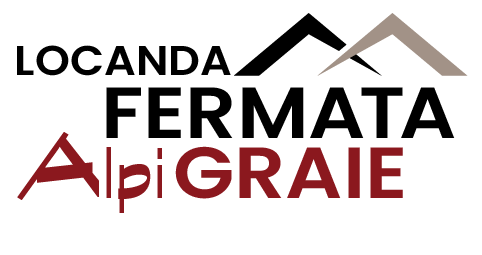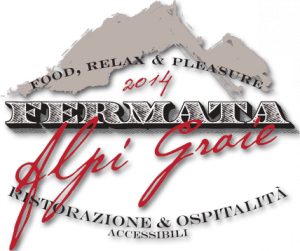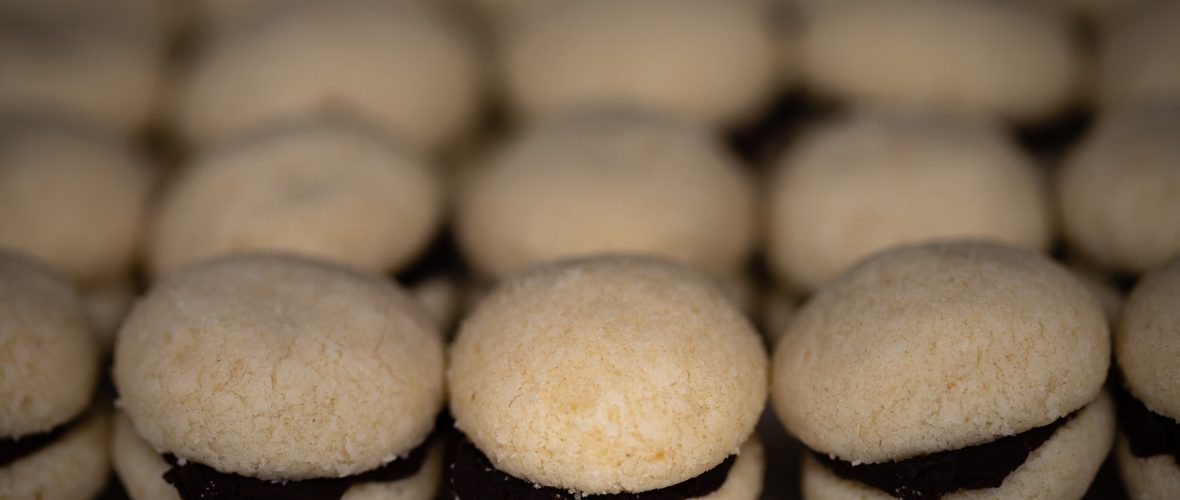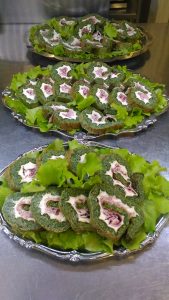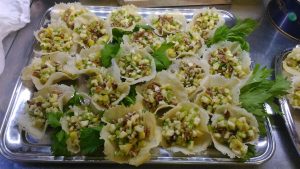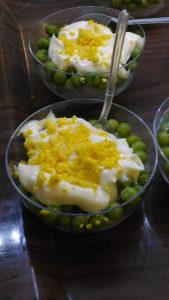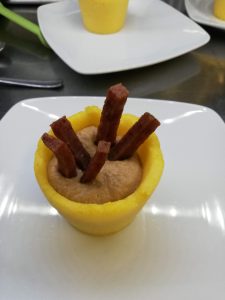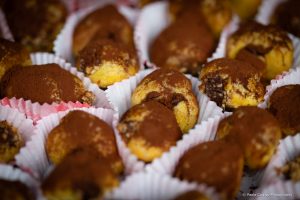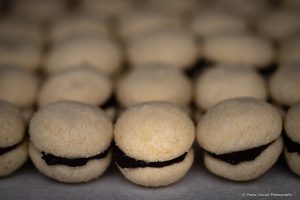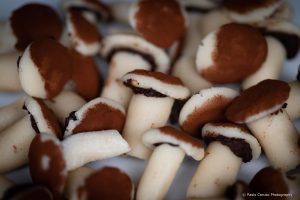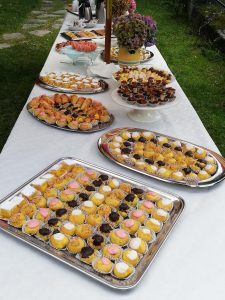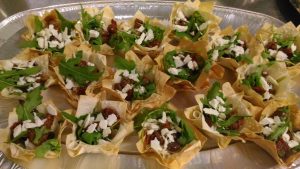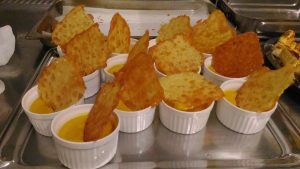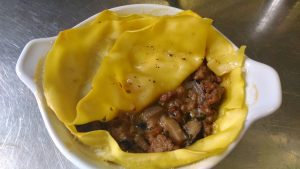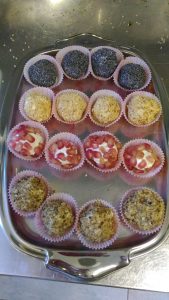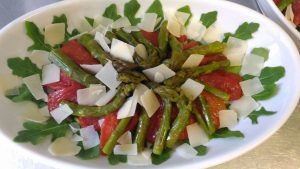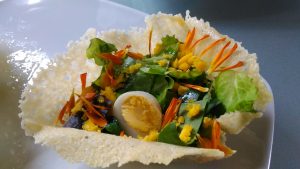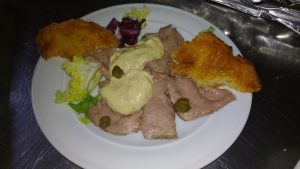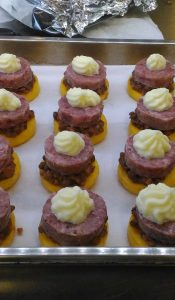Care and passion for food are the key ingredients in Fermata Alpi Graie’s kitchen.
Breakfasts are rich in yoghurt, honey, butter, and biscuits from local producers .
For dinner, y ou will taste the typical Piedmontese mountain cuisine , the cuisine made with local products: potatoes, butter, cow’s and goat’s cheeses, polenta, turgia salami, goat salami, boar salami, mocetta, game meat, mushrooms, honey.
Our set menu is seasonal, and it varies for the guests who stay several days at Fermata Alpi Graie, with some dishes from non-local cuisines, according to the chef’s inspiration.
And then… delicacies from Piedmont
Turgia Salami
The sausage technique has been the safest meat conservation method for centuries. This technique was made for pork, then it has also spread to other animals in Piedmont: so turgia salami was born in the Lanzo Valleys. “Turgia” is a local dialect word meaning the sterile cow at the end of its productive career, or a dairy cow that has never given birth. Today this kind of sausage still characterizes the local gastronomy.
Did you know…
In the apse of the parish church of Groscavallo there is a nineteenth-century fresco depicting the Magdalene at the foot of the Nazarene; in the background, a servant brings a tray with salami to a banquet. It’s an unusual content for the context depicted, but understandable for the craft of the family who financed the painting: they were salami makers.
Mocetta
Mocetta id a dried meat whose preservation technique praises very ancient origins, it’s part of the traditional of the Western Alps’ cold cuts. Initially made only with chamois or steinbock meat, it is now also made with beef, goat or donkey.
The leanest meat, generally thigh, is flavored with mountain herbs and salt, then left to dry and mature for about 90 days. Mocetta is served thinly sliced, accompanied by honey, butter and rye bread.
